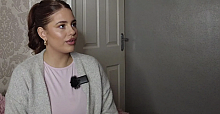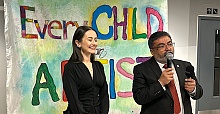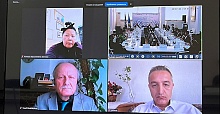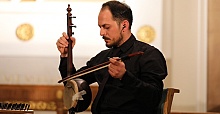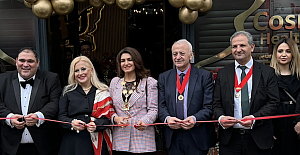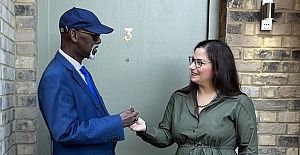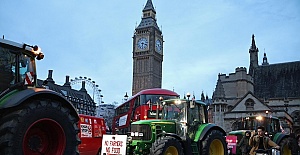Nearly a month ago, Dicle News Agency (mostly covers news about Kurdish issue) wrote about the torture, rape and sexual harassment that Kurdish children were subjected to in their prison term by the prison staff in Pozantı, a town based in Adana, Southern Turkey. The events had happened a year ago and some of these children in Pozantı Prison had reported about the torture and sexual harassment to Human Rights Foundation (HRF). Afterwards, Turkish Ministry of Justice announced that children in Pozanti Prison would be transferred to the new prison called Sincan Children’s and Youth Prison in Sincan, Ankara. Kurdish children were in Pozantı Prison under the anti- terror law (TMK), which had been enacted in 1991 and then renewed in 2006. Children in Turkey who are in between ages of 12 to 18 have been constantly arrested under anti- terror law[1]. They have been in prison, treated as terrorists and interrogated as adults.[2]
What happened in Pozantı Prison is, in essence, a reflection of an old social issue. This social issue is about discrimination, social inequality and ‘othering’ policies of the state. The issue has a long history, but intensified in the 1980s. During this time, Kurdish women, children in Southeastern Turkey were subject to inhuman acts of brutality, sexual harassment and torture which were documented in the book entitled “Not as you know it (Bildiğin Gibi Değil)” by Rojin Candan Akın ve Funda Danışman, who conducted interviews with Kurdish children living in Southeastern Turkey in the nineties.[3] Incidents of torture and sexual harassment previously happened in Diyarbakir Prison in 1980s and they are now happening in Pozantı Prison. History repeats itself as we witness similar issues occurring many times in different places. Many Kurdish children, women and men have lost their lives; have been deported from their villages and have had to migrate to another city and even to another country since 1980. In reality, the inhuman acts of brutality, discrimination, social inequalities and the forced assimilation policies of the state began many years ago. Human rights have been violated under ‘Kurdish issue’ and ‘Anti-terror Law’ since 1980s. Therefore, living in Turkey became more difficult for many Kurds.
Children in Pozantı Prison have had similar human rights violations. According to Zeynep Kuriş, a reporter at Dicle News Agency, children who came out from Pozantı Prison have found difficult to go back to normal life after their traumatic experiences such as sexual violence, sexual abuse and torture.[4] Children interviewed by Kuriş claimed that their friends have been raped and beaten up by judicial prisoners. According to these children, prisoners said that they were terrorists and had to kiss the Turkish flag. If they did not kiss the flag, they were beaten up, exposed to sexual abuse and violence. They also claimed that the prison authorities tried to cover up the issue. [5] Such testimony was also supported by the findings of a workshop called ‘Social Trauma’ organised by Turkey Human Rights Foundation (TİHV). After the workshop, Ishtar Mediterranean Municipality Women’s Counseling Center organised activities with the children who came out from Pozantı prison in order to help them to cope up with social trauma. A research report which was the output of those activities included observations regarding the situation of the children: police officers and police stations have became objects of fear and hate for those children. Children were introverted and intimidated; they were scared of being criticised and silenced. They also had difficulties in expressing themselves both in Turkish and Kurdish languages. [6]
The experiences of children in Pozantı Prison tell what it means to be a convicted child, the limits of what one person can do to another. They show how power can be abused, how far violence can go and the implications of being both Kurdish and child in Turkey. Without any radical social developments, many children, women and men will continue to die; they will be injured and tortured in Turkey. If we keep on remaining silent, human rights will be violated in different places and in even harsher ways.
[1] http://www.ihd.org.tr/index.php?option=com_content&view=article&id=1633:mardinde-tmk-magduru-cocuklar-hala-hapiste&catid=34:el-raporlar&Itemid=90
[2] http://www.ihd.org.tr/index.php?option=com_content&view=article&id=1633:mardinde-tmk-magduru-cocuklar-hala-hapiste&catid=34:el-raporlar&Itemid=90
[3] See Rojin Candan Akın and Funda Danışman (2011) Bildiğin Gibi Değil, 90’larda Güneydoğuda Çocuk Olmak, İstanbul: Metis.
[4] http://bianet.org/cocuk/cocuk/136468-pozanti-cezaevinde-cocuklara-cinsel-istismar-iddiasi
[5] http://bianet.org/cocuk/cocuk/136468-pozanti-cezaevinde-cocuklara-cinsel-istismar-iddiasi
[6] http://www.daplatform.com/news.php?nid=21129%22
Doğuş Şimşek
Simsek, Dogus (April, 2012), ‘The Reality of Pozanti Prizon: Unsolved Social Issue’, Centre for Political Analysis and Research on Turkey (ResearchTurkey), London: ResearchTurkey.
http://researchturkey.org/wp/wordpress/?p=479
The Reality of Pozantı Prison, Unsolved Social Issue
03 Mayıs 2012 Perşembe 08:58
reads.




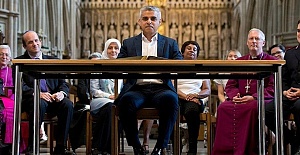 The candidates vying to be the next London mayor
The candidates vying to be the next London mayor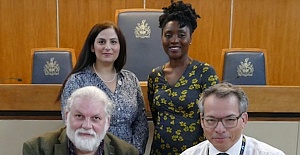 Enfield Council commits to anti-racism and diversity pledge
Enfield Council commits to anti-racism and diversity pledge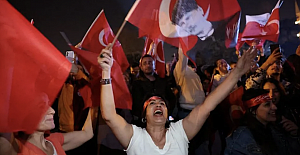 President Erdogan promised supporters his party would learn its lessons from the defeat
President Erdogan promised supporters his party would learn its lessons from the defeat Mayor of London and London Assembly elections
Mayor of London and London Assembly elections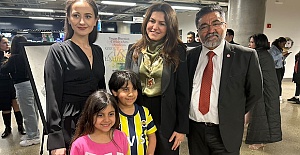 Future Painters Exhibition at Tottenham Hotspur Stadium
Future Painters Exhibition at Tottenham Hotspur Stadium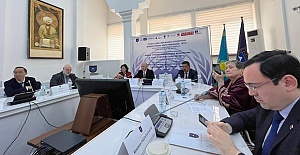 Models of Teaching International Journalism for Sustainable Development
Models of Teaching International Journalism for Sustainable Development UK and US scientists have been working on eclipse observations
UK and US scientists have been working on eclipse observations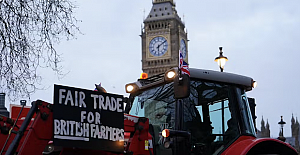 Unsupportive goverment policies jeopardizing foundation of UK food security
Unsupportive goverment policies jeopardizing foundation of UK food security English Premier League leaders Arsenal will visit title contenders
English Premier League leaders Arsenal will visit title contenders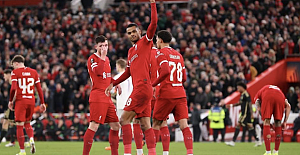 Liverpool meet Atalanta and West Ham face Bayer Leverkusen
Liverpool meet Atalanta and West Ham face Bayer Leverkusen Arsenal face Bayern Munich and Manchester City play Real Madrid
Arsenal face Bayern Munich and Manchester City play Real Madrid UK Transfer deadline day, the transfer window closes tonight
UK Transfer deadline day, the transfer window closes tonight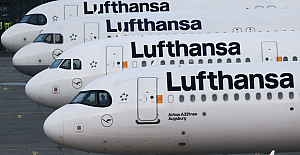 Europe's travel strikes: Flight and train disruption you can expect in April
Europe's travel strikes: Flight and train disruption you can expect in April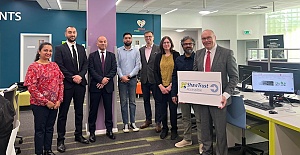 Enfield Council website achieves digital inclusion recognition
Enfield Council website achieves digital inclusion recognition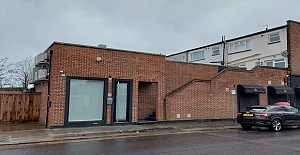 Enfield Council’s Planning Enforcement team goes from strength to strength
Enfield Council’s Planning Enforcement team goes from strength to strength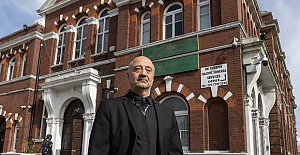 UK's first Turkish Shacklewell Lane Mosque faces threat to its future
UK's first Turkish Shacklewell Lane Mosque faces threat to its future
